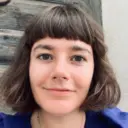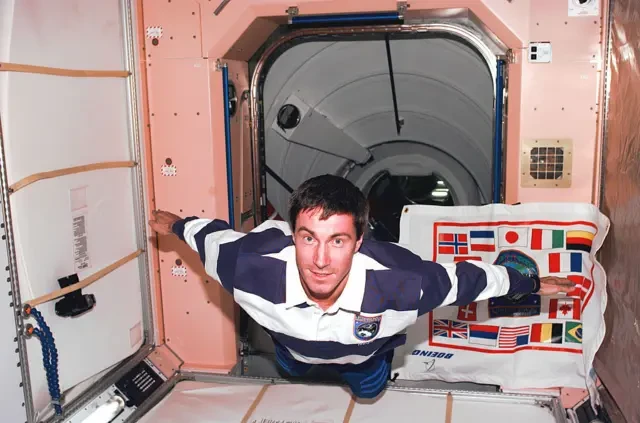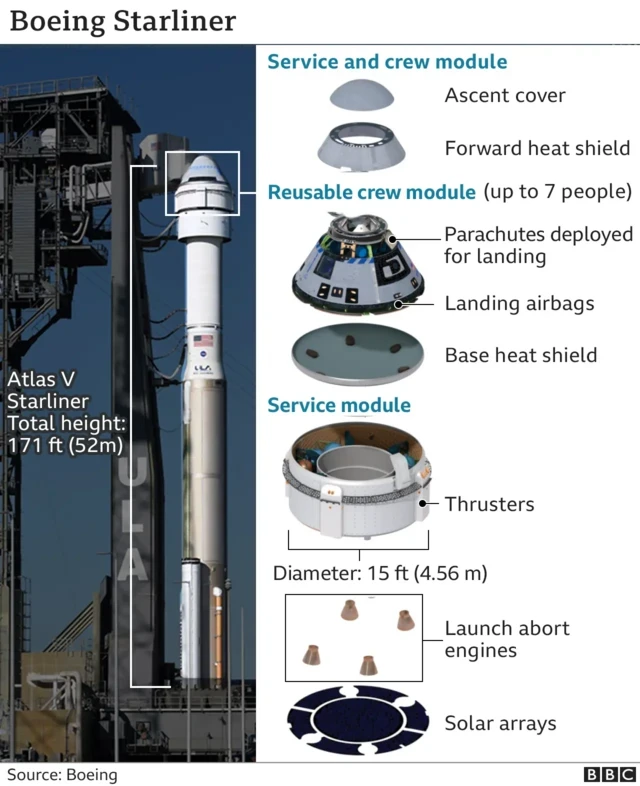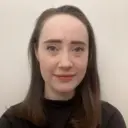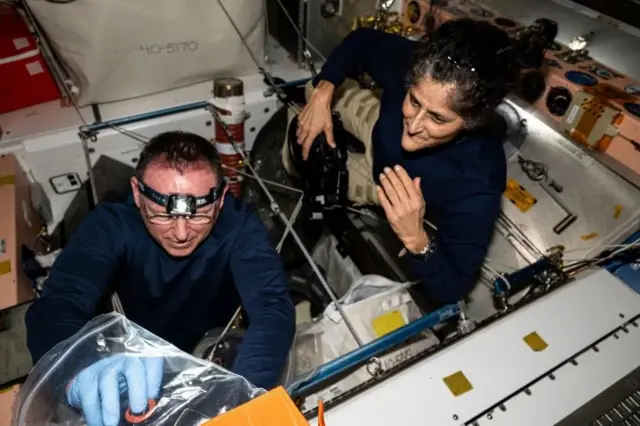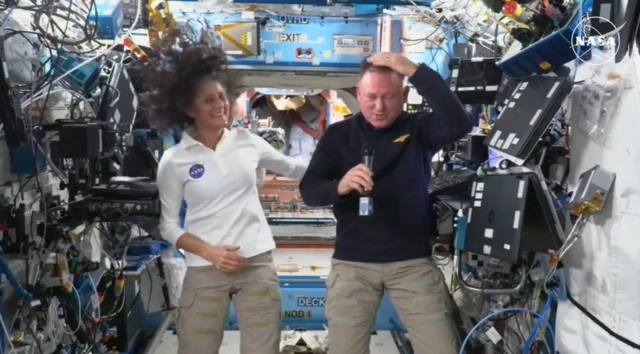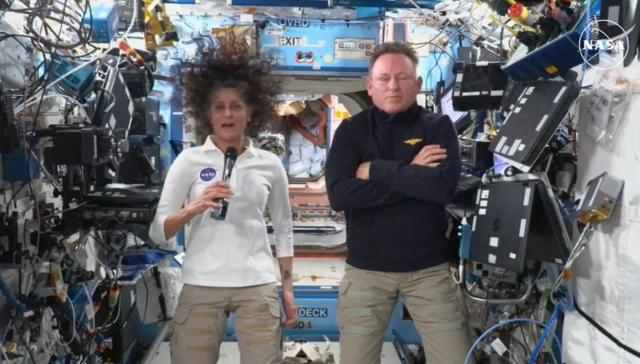Astronauts trying to make the most of their time stuck in spacepublished at 20:32 BST 13 September 2024
 Caitlin Wilson
Caitlin Wilson
Lived editor
Nasa astronauts Suni Williams and Butch Wilmore could well have spent the better part of a year up in space by the time they are able to return to Earth - a trip which is forecasted for February 2025.
But the two have said that, despite missing their families - Wilmore said Friday he will now be physically absent for most of his daughter's final year of high school - they are actually grateful for the extra time on the International Space Station.
Williams has said that although she was disappointed to have to watch the Boeing Starliner craft they that travelled up on in June return to Earth without them earlier this month, she is glad for the chance to get to know a new spacecraft, the SpaceX Dragon that will bring them home next year.
And for Wilmore, he said he is happy to have a relief from joint pain while up in space - bones don't have any pressure pressing on them in zero-gravity.
The two also said they don't feel any ill will toward Nasa or Boeing as part of this ordeal - we're up here with friends, Williams, said, and we know we'll eventually have a ride home.
In the meantime, we are now ending our live coverage of this event. You can keep up with our coverage of this story below:
Boeing Starliner returns to EarthLink, but without astronauts
SpaceX will return stranded astronauts next year
Our writers on this page have been Sam Cabral, Ana Faguy, Nadine Yousif, Lana Lam and Georgina Rannard. I have enjoyed being the editor for this page and learning more about life on the International Space Station.
Thank you for joining us.
